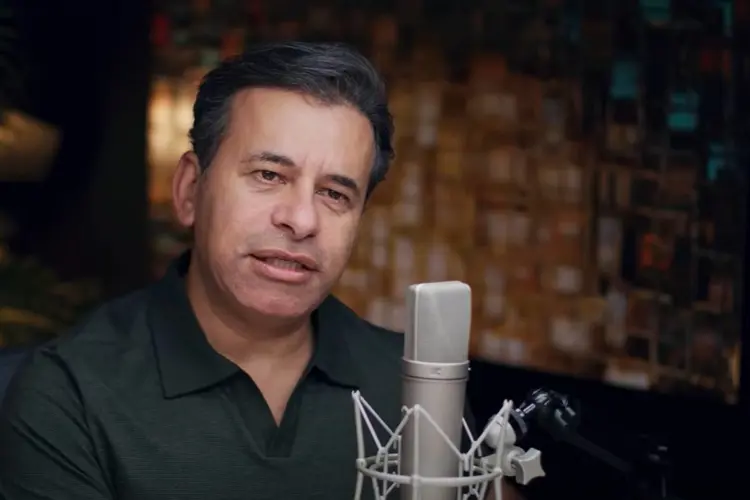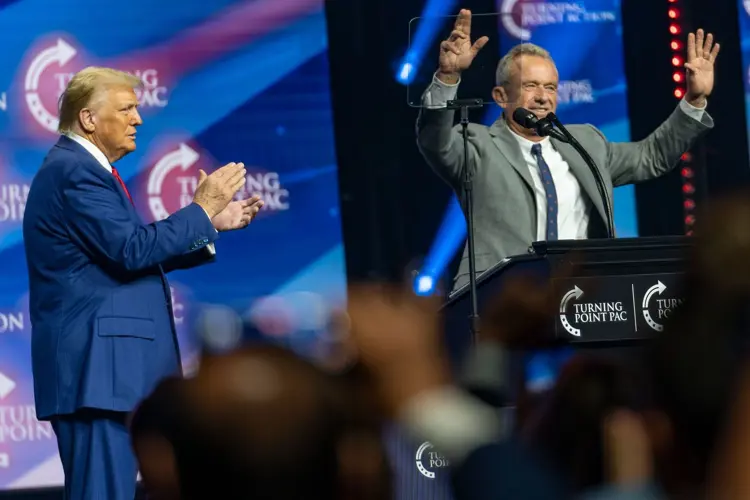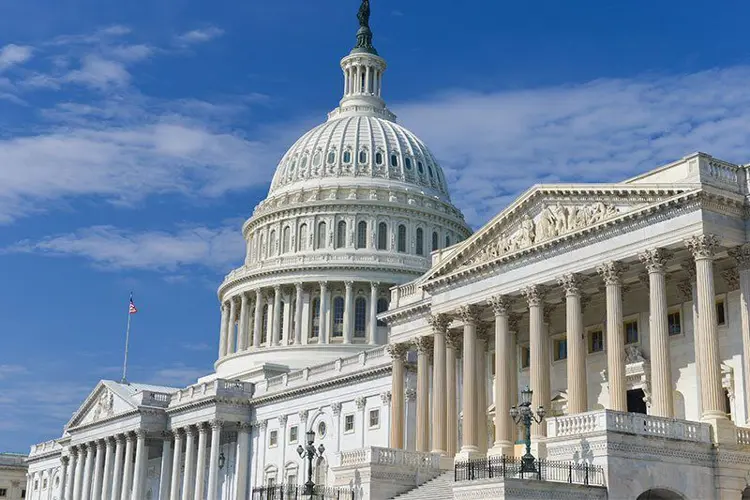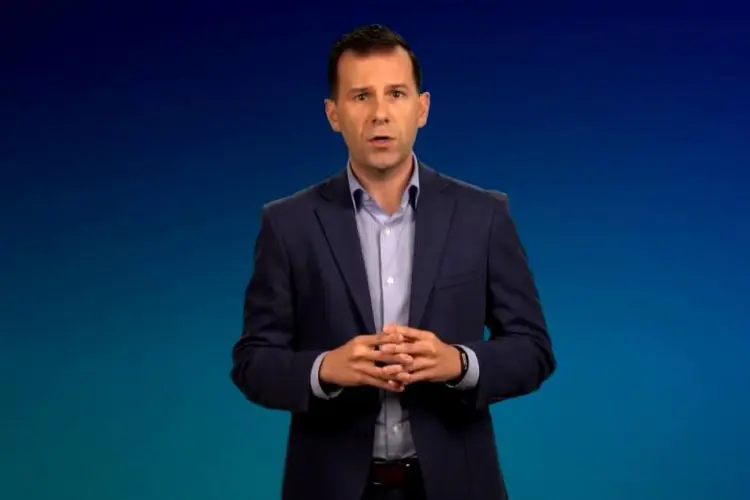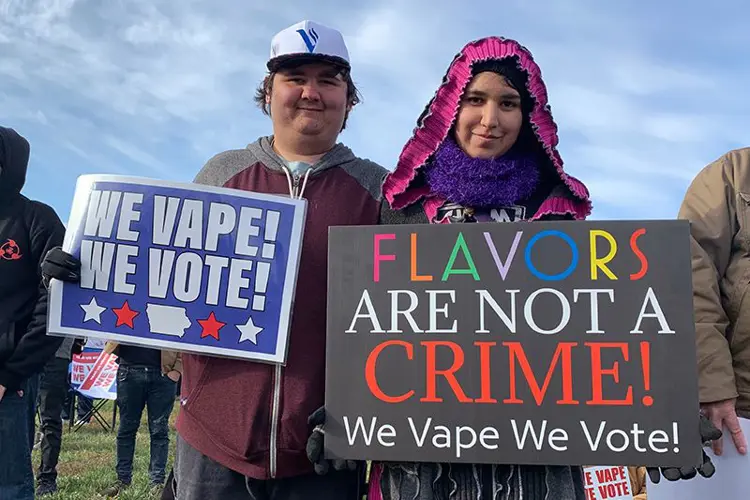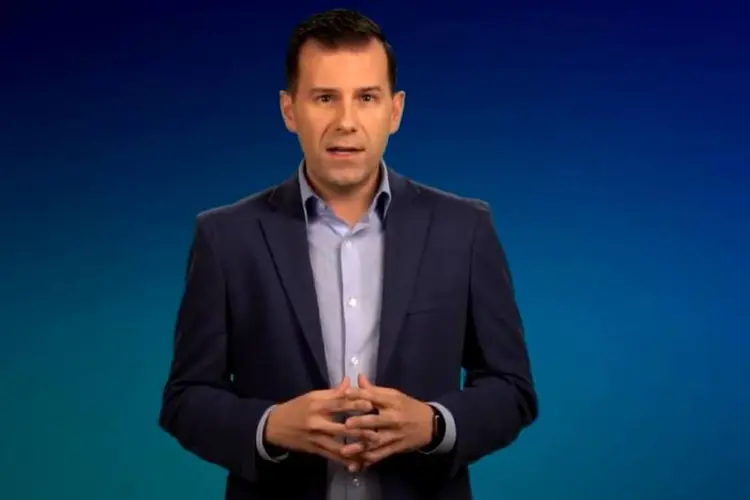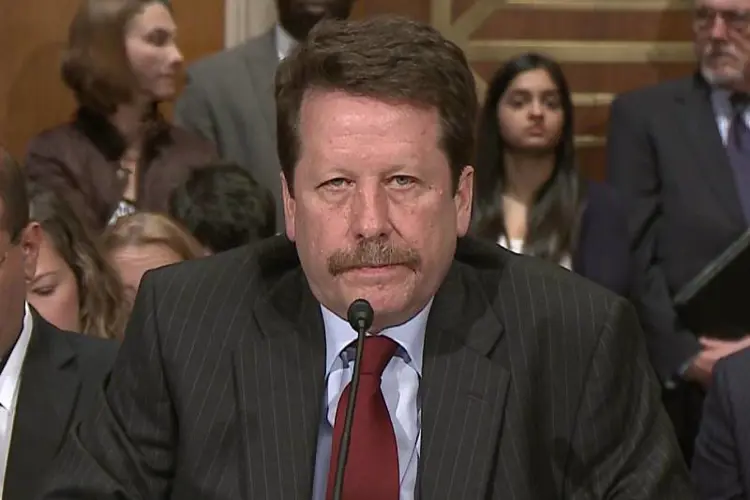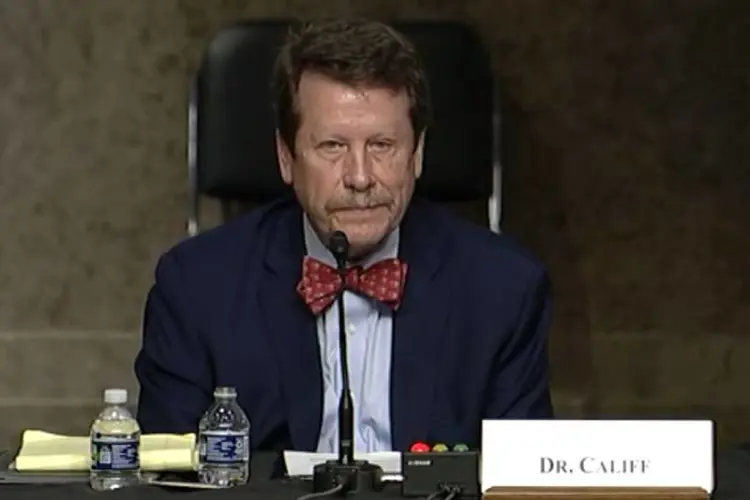Videos of some of the presentations from the first U.S. E-Cigarette Summit in Washington on May 8 were just posted online. That isn’t exactly big news, but there are a couple of speeches worth your time. This wasn’t an event geared toward vapers, but vapers were certainly on everyone’s mind, and the room was full of many of the most well-known American vaping advocates.
Ken Warner
The opening speaker, Prof. Kenneth Warner, is a highly respected tobacco control academic who has been bending toward an acceptance of vaping, and seems now to have gotten all the way there. The economist from the University of Michigan School of Public Health spoke first and longest, and he tried to define the terms of the debate, explaining why some in tobacco control and public health are e-cigarette “enthusiasts” and others skeptics.
“We cannot assume that exclusive reliance on the tools of the past are going to drive us successfully to the end of combusted tobacco,” said Warner, making the case for tobacco harm reduction. His presentation was interesting and compelling throughout.
I thought organizer Amanda Strange chose wisely leading off with Warner. His opinions carry great weight in the mainstream tobacco control world, and his conversion to supporting vape might influence others. His assertion that the recent teen vaping “epidemic” (not his word, by the way) may have been as much a fad as a serious usage trend echoes many vapers’ suspicions, and the numbers seem to bear him out more every day.
The news that teen vaping has dropped in the last year — while smoking rates continue to fall — is going to be difficult for dedicated vape-haters to explain. Strange placed the speaker with the most tedious and pedestrian boilerplate anti-vaping agenda, Samir Soneji of Dartmouth, just after Warner and before British researcher Linda Bauld, which made for a nice contrast.
Matthew Myers and Deborah Arnott
The speech everyone was waiting for was everything you might expect. Matthew Myers, president of the Campaign for Tobacco-Free Kids, offered a defense of the FDA’s deeming regulations every bit as dishonest and ugly as you can imagine.
If you’ve ever wondered why Democratic politicians can’t grasp the idea that vaping can be a harm reduction tool for smokers, and that the deeming rule only serves to protect the cigarette industry and kill small businesses, watch this. This is the man who defines the debate in Washington and in the American public health space.
Myers asserts again and again that the deeming regs are “flexible,” and that the FDA is actually using its power to protect the health of e-cig users (and presumable smokers too). He speaks at length about the deeming requirements for product listing and testing. Never does he explain that the FDA used public comments on the regulations from RJ Reynolds as a blueprint to create its final version of the rule that that will destroy the independent industry.
And why would he? Myers is the same guy who collaborated with Philip Morris to write the Tobacco Control Act, which grandfathered cigarettes onto the market. Marlboro and Camel never had to complete a PMTA, thanks to Myers. Since the passage of that law, the biggest of the Big Tobacco corporations have had record profits. Which makes sense; after all, he wrote the law in a way that prevents low-risk products from having any real chance of being sold.
He wants the cigarette companies to take over vaping too. Pretending to beat up on evil Big Tobacco has become a growth industry all its own, and it just wouldn’t suit him to have this silly upstart mom-and-pop non-tobacco industry upset his operation. So he lies about e-liquid flavors, and he lies about vaping being part of the tobacco industry.
Deborah Arnott, the CEO of ASH-UK, was supposed to offer some counterpoint to Myers from the British perspective, but wound up just digging a hole and falling into it. She noted that the deeming rule “is so negative” (yup, true), then decided to take a stand against the Cole-Bishop amendment, then wandered into a description of the benefits of UK medical regulations — which has nothing to do with America (the topic).
I watched the blood drain from the faces of everyone in the crowd who wants the independent vaping industry to survive when Arnott decided to let us know that Cole-Bishop is a “very, very bad thing.” She then went on to speak of the bill that would change the deeming predicate date as though it is intended to be a permanent solution, rather than a bandaid till the Tobacco Control Act can be fixed in Congress.
The rumor is that she had lunch with Matt Myers the day before the Summit and that he confused her on the processes of U.S. regulation and legislation. That could very well be true. What’s not a rumor is that a well-known American advocate confronted her later and told her, “You got played by Matt Myers.”
Let’s hope that next year she stays home.
What next?
The thing that stood out at this first U.S. Summit is the lack of discussion about the current vaping industry and community by the participants. Oliver Kershaw has written an excellent blog on this very topic (which you should read), so I won’t repeat all his points. But the fact is, we heard a lot of talk about harm reduction and cessation from people I doubt have ever spoken to a smoker or vaper, and very little about what we have already, what Kershaw calls “actually existing harm reduction.”
There exists an ecosystem of vaping businesses large and small, serving millions of satisfied American vapers. Smokers created it for themselves, and it’s done nothing but good for us. The discussion I heard at Summit didn’t much take us into account. This event might be the beginning of minds changing in the U.S. — I hope it is — but I don’t think many of the people who spoke in Washington know or care that what already exists will be lost when the deeming future comes to pass.
The Freemax REXA PRO and REXA SMART are highly advanced pod vapes, offering seemingly endless features, beautiful touchscreens, and new DUOMAX pods.
The OXVA XLIM Pro 2 DNA is powered by a custom-made Evolv DNA chipset, offering a Replay function and dry hit protection. Read our review to find out more.
The SKE Bar is a 2 mL replaceable pod vape with a 500 mAh battery, a 1.2-ohm mesh coil, and 35 flavors to choose from in 2% nicotine.
Because of declining cigarette sales, state governments in the U.S. and countries around the world are looking to vapor products as a new source of tax revenue.
The legal age to buy e-cigarettes and other vaping products varies around the world. The United States recently changed the legal minimum sales age to 21.
A list of vaping product flavor bans and online sales bans in the United States, and sales and possession bans in other countries.








